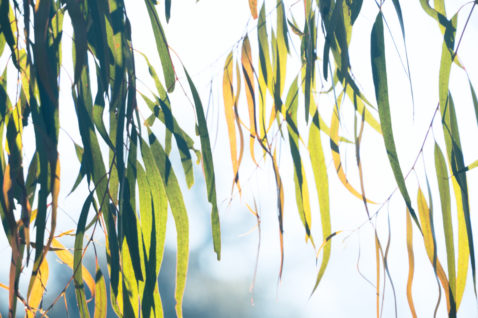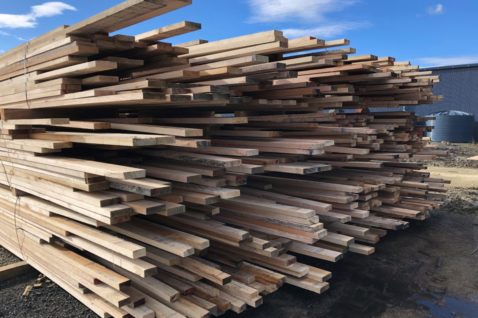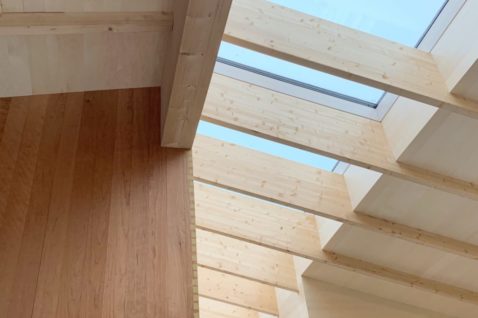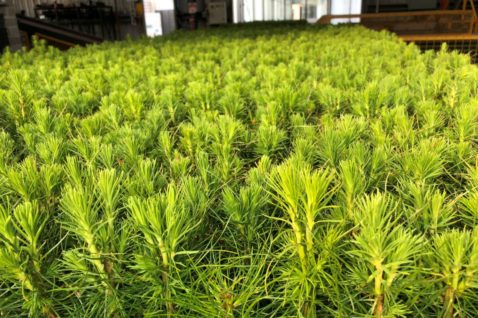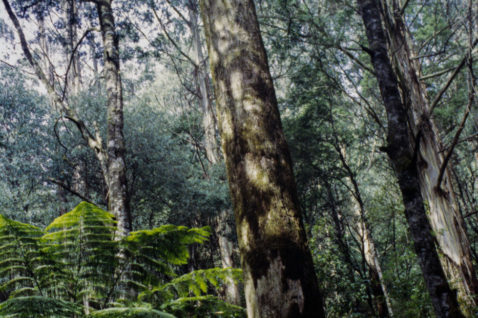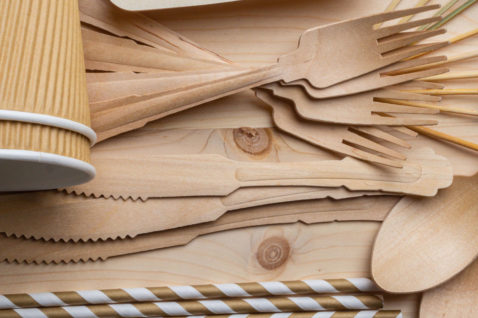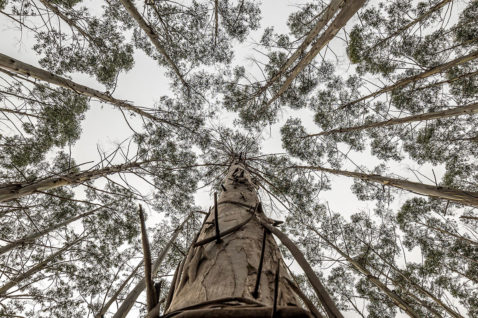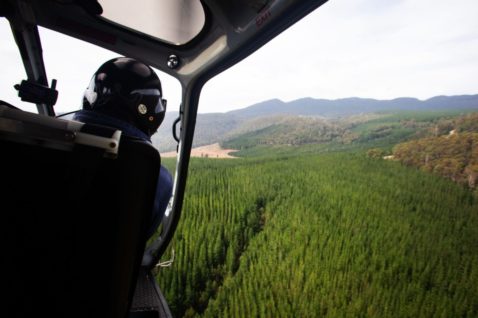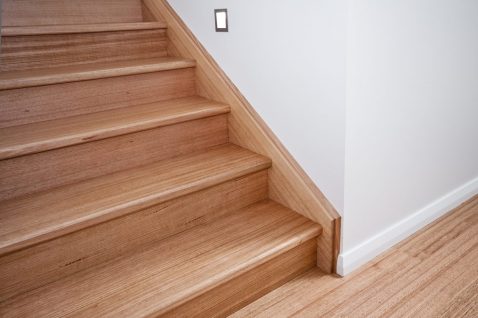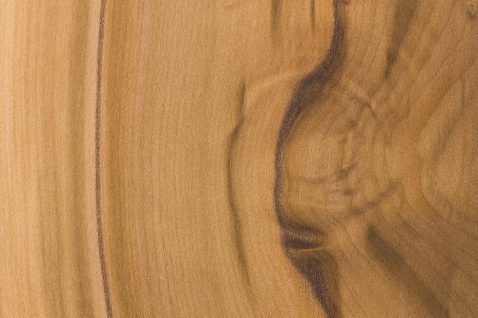Explore the topic
Solutions
Forestry & the Environment: Our modern society demands forestry products and with good reason.
Timber is natural, renewable, biodegradable and stores carbon and therefore is the environmentally responsible choice for builders, architects, producers and consumers who actively seek out forestry products such as paper, packaging, disposables, construction materials, furniture and architecture.
Choosing timber in design, construction and packaging can help tackle climate change in several ways.
Natural forests and timber plantations are net absorbers of greenhouse gases, and forestry products store this carbon and lock it away for the life of the product.
Timber is renewable. In Tasmania, every tree harvested is replaced by either regenerating natural forests or through the cycle of plantation harvesting, and as new trees grow, they draw more carbon from the atmosphere.
Timber is natural and biodegradable so moving to forestry products reduces plastic pollution and our reliance on petroleum-based products.
As such, Tasmania’s forests play a vital role in climate change and waste mitigation – both now and into the future.
Forestry is part of the solution, but it must be done responsibly.
In Tasmania, we lead the world in sustainable forest practices with 59% of the state’s forests protected, 87% of the state’s old-growth protected and an expanding plantation sector.
Tasmania’s forestry industry has invested in more than 302,000 hectares of softwood and hardwood plantation forests and we are leading the way in developing new and innovative products from these plantation timbers.
We are committed to a future of sustainable growth and only 14 of every 10,000 native trees are harvested in Tasmania and every single tree, plantation and native, is regrown and replaced for the future.
Forestry is providing solutions, and we are getting better at it every day.
